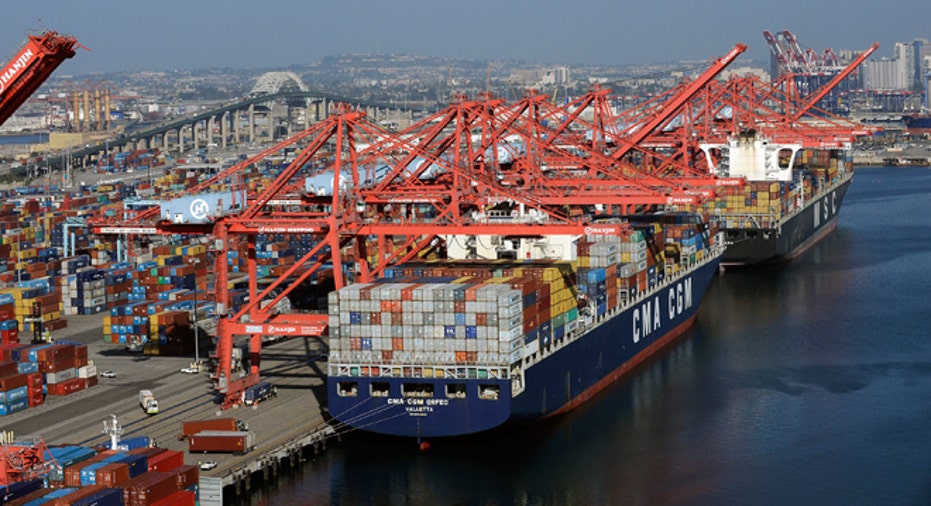Report: Tentative Deal Possible on West Coast Ports

The U.S. labor secretary headed into a fourth straight day of intensifying talks with shipping executives and union leaders for dock workers on Friday, aiming to settle a contract dispute that has led to months of disruptions at 29 West Coast ports.
Negotiations adjourned late Thursday without a deal, two sources close to the talks told Reuters on Friday, adding that there was more work to do in discussions set to resume in the morning. Bargaining was said to have bogged down earlier this week over the issue of binding arbitration.
U.S. Labor Secretary Tom Perez joined the talks in San Francisco on Tuesday at the behest of President Barack Obama, who has come under growing political pressure to intervene in a conflict that has rippled through the trans-Pacific commercial supply chain and could cost the U.S. economy billions of dollars.
The International Longshore and Warehouse Union has been locked in negotiations for nine months with the bargaining agent for shippers and terminal operators, the Pacific Maritime Association. The union's 20,000 members have been without a contract since July.
Tensions arising from the talks have played out in worsening cargo congestion that has severely slowed freight traffic at ports that handle nearly half of all U.S. maritime trade and more than 70 percent of imports from Asia.
More recently, the shipping companies have sharply curtailed operations at the marine terminals, suspending loading and unloading of cargo vessels for night shifts, holidays and weekends at the five busiest ports.
Work has been allowed to continue around the clock in the dockyards, rail yards and terminal gates for most of the harbors, and some smaller ports remained open to nighttime vessel operations as well.
DOMINO EFFECTS
Still, the disruptions have reverberated throughout the U.S. economy, extending to agriculture, manufacturing, retail and transportation.
Cargo loads that would normally take a few days to clear the ports have been facing lag times of two weeks or more as dozens of inbound freighters stack up along the coast, waiting for berths to open.
A longer-term concern has been that U.S. export business lost to other countries and ports may not return once the West Coast dock worker crisis ends.
Mayor Libby Schaaf of Oakland, whose San Francisco Bay port is one of several bearing the brunt of the disruptions, told Reuters on Thursday Perez told her and other mayors on a conference call he was pressing harder for a deal.
She said he raised the prospect of moving the talks to the nation's capital, telling the two sides that unless a settlement were reached in the next 24 hours "he was going to force the two sides to come to Washington to negotiate."
It was not clear what authority the government could invoke to compel a change of venue in labor negotiations, and two sources close to the talks who spoke on condition of anonymity told Reuters that Perez appeared to be speaking figuratively.
Sources said the chief remaining sticking point in the talks is a union demand for changes in the system of submitting workplace disputes under the contract to binding arbitration.
The PMA has said the union wants the right to unilaterally remove any of the four West Coast arbitrators at the end of each contract period, a move the companies fear could leave arbitrators vulnerable to intimidation.
The last time longshore contract talks led to a full shutdown of the West Coast ports was in 2002, when the companies imposed a lockout that was lifted 10 days later through a court order sought by President George W. Bush under the 1947 Taft-Hartley Act.
(Reporting by Ann Saphir; Additional reporting by Sarah McBride in San Francisco; Writing and additional reporting by Steve Gorman in Los Angeles; Editing by James Dalgleish)



















